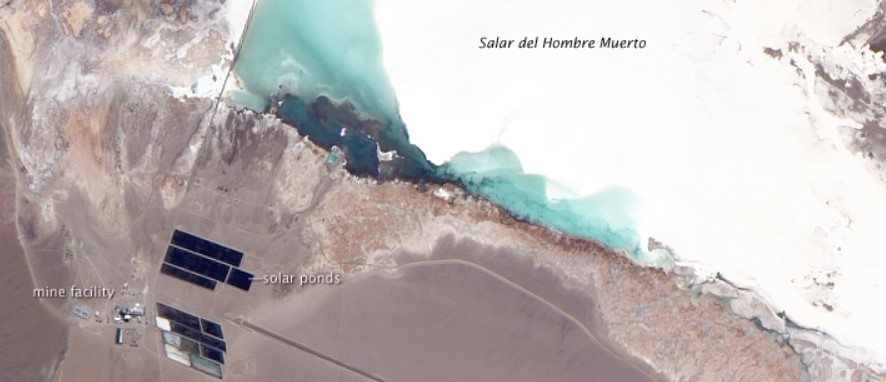 Satellite images of the Salar del Hombre Muerto, Argentina, salt flats rich in lithium. The lithium-rich brine is concentrated by pumping it into solar evaporation ponds. Wikipedia
Satellite images of the Salar del Hombre Muerto, Argentina, salt flats rich in lithium. The lithium-rich brine is concentrated by pumping it into solar evaporation ponds. Wikipedia
Taliban now control one of the world’s largest lithium deposits
Taliban fighters not only took control of Kabul and the Afghan government on August 15. They also gained access to a gigantic deposit of minerals essential for renewable energies, possibly giving China an indisputable edge.
Published: August 18, 2021, 11:53 am
A Bloomberg New Energy Finance Limited report in 2020 highlighted China’s global dominance in the lithium-ion battery supply chain market, due to its grip on raw material mining and refining. In 2019, the US imported 80 percent of its rare earth minerals from China, while the EU states imported 98 percent of these materials from China.
China incidentally also shares a small border with Afghanistan called the Wakhan Corridor – 210km long. While the length of the border may appear insignificant, its location is crucial. Afghanistan is believed to have large deposits of gold, iron, copper, zinc, lithium and other rare earth metals, valued at over $1 trillion. “Afghanistan may hold 60 million metric tons of copper, 2,2 billion tons of iron ore, 1,4 million tons of rare earth elements (REEs) such as lanthanum, cerium, neodymium, and veins of aluminium, gold, silver, zinc, mercury…” according to a 2020 report in The Diplomat.
But the Wakhan Corridor has been used by Islamic Uighur militants opposed to Chinese rule in Xinjiang. Chinese officials meeting with the newly installed Taliban are certainly aware of risk that radical Islamists pose: “We hope the Afghan Taliban will make a clean break with all terrorist organisations including ETIM (East Turkestan Islamic Movement) and resolutely and effectively combat them to remove obstacles, play a positive role and create enabling conditions for security, stability, development and cooperation in the region,” said a high-ranking Chinese official.
Why is this important?
Global demand for lithium is projected to increase 40-fold by 2040, according to the International Energy Agency, along with rare earth elements, copper, cobalt, and other minerals also abundant in Afghanistan. And these minerals happen to be concentrated in only a small number of pockets around the world.
The Bolivian Andes may contain 70 percent of the planet’s lithium and many analysts argue that extracting lithium from brine as in Bolivia is more environmentally friendly than extracting it from rock.
Interestingly, metallic lithium and its complex hydrides are used as high-energy additives to rocket propellants, thermonuclear weapons or even as a solid fuel.
In 2010, the US Department of Defense called Afghanistan “Saudi Arabia of lithium” after American geologists then discovered that the country’s deposits amounted to at least a trillion dollars. Lithium is an essential ingredient to produce long-lasting batteries used in electric cars in particular. The battery of a Tesla Model S, for example, has about 12 kilograms of lithium in it.
Ten years later, these metals have not yet been extracted. The Taliban is unlikely to sell the metal to Americans, and the United States views China, the world’s largest lithium producer, as its main rival. And the US wants at least 40 percent of its cars to be electric by 2030. Thus the previous US-led government in Kabul had hoped that the promise of mineral wealth would entice President Trump into making a commitment to stay in the country.
“Afghanistan can be an appropriate place for US industry, and specifically the mining sector, to look at opportunities for investment,” Mohammad Humayon Qayoumi, the former chief adviser to Afghan president on infrastructure, human capital and technology, once opined.
But Tom Benson, a PhD in the Department of Geological Sciences at Stanford University, has focused his research on a 16,3 million-year-old super volcano on the Oregon-Nevada border which contains the largest lithium deposit in the United States. A number of other active volcanoes may hold the same deposits and there is a particularly “exciting” one, called Bogoslof, in Alaska. That may be why the US has lost interest in Afghanistan.
“The Taliban are now sitting on a stockpile of one of the most strategic minerals in the world,” said Rob Schoonover, an ecology expert at the US think tank Center for Strategic Risks, in an interview with Quartz. “The question of whether they will be able to play this role will be important in the future.”
Could the Taliban benefit from this resource?
The exploitation of these rare earth metals could undoubtedly give the Taliban an economic advantage. Before the US retreat, the Afghan government had considered selling lucrative mining contracts to American companies. But such agreements were always discussed with the view of keeping the US military in the country and sharing the spoils. With the Taliban now leading the government, the option of involving American mining concerns is of course out of the question.
“As long as there are safer and more reliable sources (of metals, note) elsewhere, the use of Afghan minerals will remain low,” said Schoonover. However, the Taliban already have experience in extracting rare stones. By mining lapis lazuli, the Taliban earns at least $300 million per year.
Ashraf Ghani, the Afghan president now in exile, thought that the abundance of mineral deposits were a curse for his country. Indeed, many economists are aware of the fact that such rich deposits in developing countries generally become a source of corruption and violence, to the detriment of the locals.
The Taliban will have to find a way to participate in the global lithium trade, much larger that their lapis lazuli trade. Access to Afghan central bank reserves has been denied to the Taliban by the US. The new Afghan leadership could also have trouble in convincing Chinese investors who once lost $3 billion in 2007 in a Taliban copper mine that could not be exploited due to persistent administration blunders.
However, good reason for China become involved in the extraction of lithium in Afghanistan may not only be the wealth it could generate, but also to avoid more ecological damage caused by lithium mining on its own soil and to limit the scope of Islamic infiltration. The extraction of this metal leads to water shortages and air pollution but the rewards could coax Taliban leaders into addressing the Uighur headache.
All rights reserved. You have permission to quote freely from the articles provided that the source (www.freewestmedia.com) is given. Photos may not be used without our consent.
Consider donating to support our work
Help us to produce more articles like this. FreeWestMedia is depending on donations from our readers to keep going. With your help, we expose the mainstream fake news agenda.
Keep your language polite. Readers from many different countries visit and contribute to Free West Media and we must therefore obey the rules in, for example, Germany. Illegal content will be deleted.
If you have been approved to post comments without preview from FWM, you are responsible for violations of any law. This means that FWM may be forced to cooperate with authorities in a possible crime investigation.
If your comments are subject to preview by FWM, please be patient. We continually review comments but depending on the time of day it can take up to several hours before your comment is reviewed.
We reserve the right to delete comments that are offensive, contain slander or foul language, or are irrelevant to the discussion.

Israeli company suspected of manipulating votes in 33 countries
Tel AvivAn Israeli company is said to have hacked into the accounts of campaign workers and operate fake user accounts. The Tel Aviv company run by secret agents claims to have manipulated elections worldwide. The traces also lead to Europe.
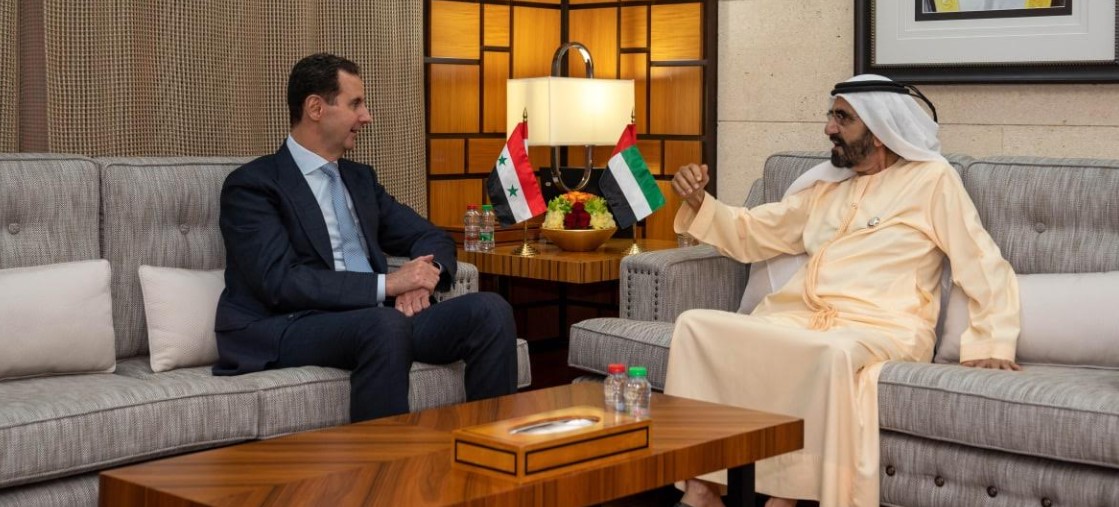
The UAE receives Syria’s Assad: Give peace a chance!
When John Lennon sang “Give peace a chance” in 1975, Syria was expecting a military rebellion by the extremist Muslim Brotherhood organization – listed as a terrorist group in many countries – whose goal was to overthrow the secular government in Damascus and establish a regressive state based on Sharia laws.

Badri 313: Who trained the Taliban’s special ops unit?
KabulThere have been numerous reports of Taliban Special Forces Units patrolling in Kabul. These units are very different from the traditional set-up of militant groups. And it is evident that the Taliban got the equipment for the battalion – state-of-the-art US military hardware and weapons and the same military equipment used by Afghan forces – from the departing US Army. But who trained them?
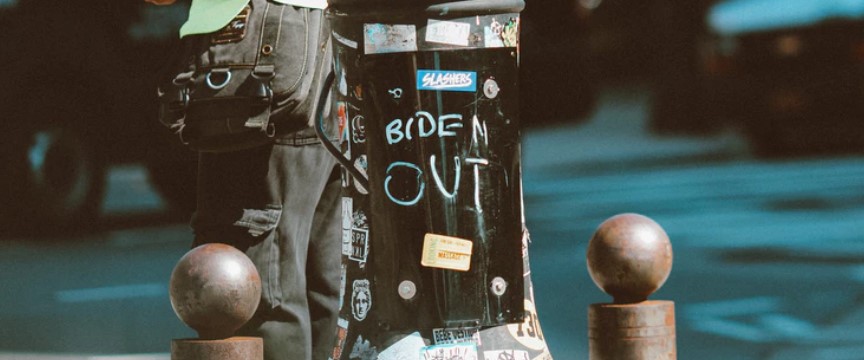
Not only Biden, but Britain hands over names of their Afghan partners to Taliban
WashingtonWhen the US armed forces left the Taliban with US military goods worth almost 85 billion dollars, pundits blamed President Joe Biden's ineptitude. Great Britain curiously now also falls into this category.
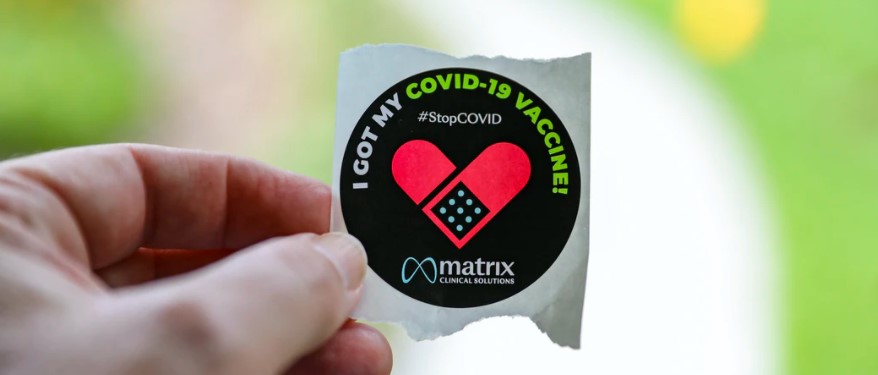
Israelis who got third jab infected with Covid
Tel AvivDespite a third vaccine "booster shot" at least 14 Israelis have been diagnosed with Covid-19, according to Health Ministry data. And two of those infected after receiving the third vaccine injection, have been hospitalized.
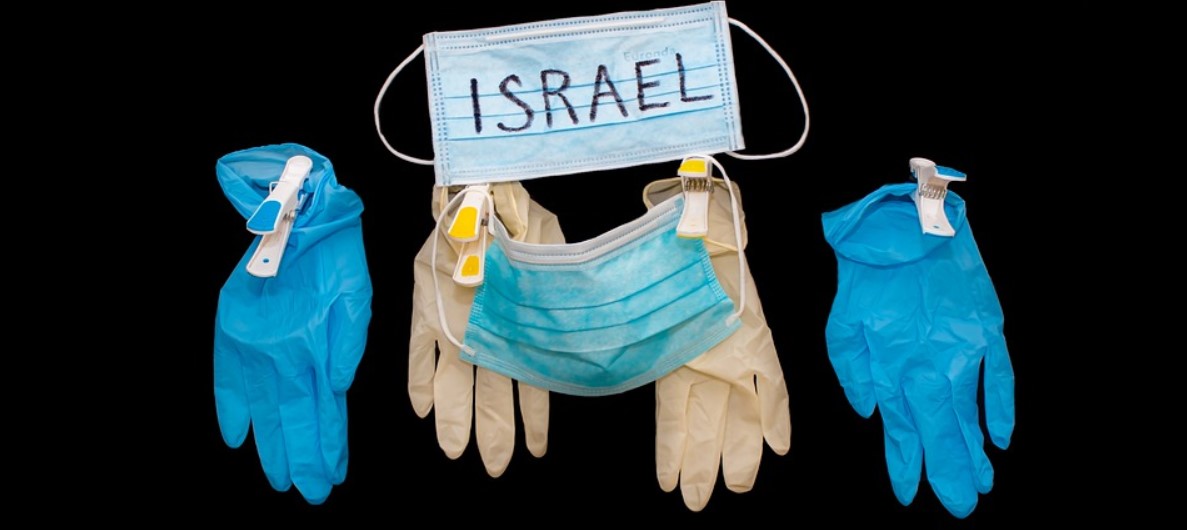
Israel: Early jab recipients twice as likely to catch Covid
Israelis who were vaccinated before late February are twice as likely to catch the Coronavirus than those who received the shot later, according to new research. The data suggests that the vaccinated have now involuntarily signed up for a lifetime of "booster" shots if they survive the vaccine.

Syrian first lady supports the fight against Al Qaeda and ISIS
The Syrian first lady has been accused by a London based law firm of terrorism and war crimes, which stem from her support of the Syrian Arab Army (SAA), through her speeches, meeting with and comforting the mothers of slain soldiers, and meeting with the women’s branch of the SAR.
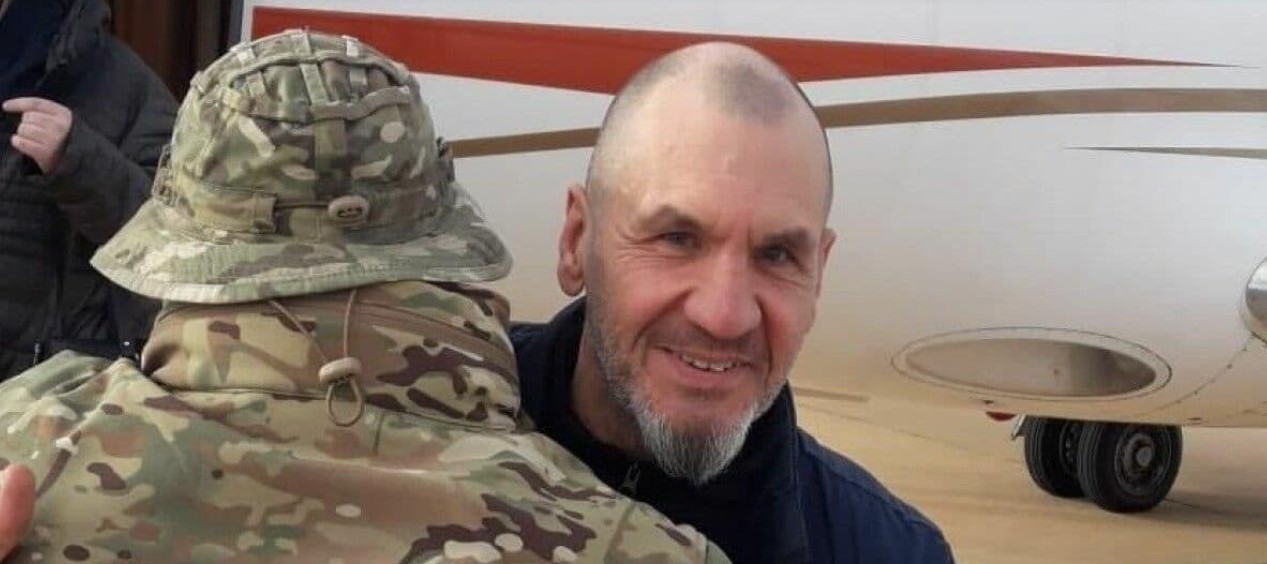
Breaking: Russian sociologists released from captivity in Libya
TripoliAccording to President of the Russian Foundation for Protecting National Values Alexander Malkevich, Russian sociologists Maxim Shugaley and Samer Sueifan have finally been released after a long captivity in Libya. This information is confirmed by Mikhail Bogdanov, the Russian president's special representative for the Middle East and Africa and deputy foreign minister.

French president meets Hezbollah, pleads for ‘new political order’ in Beirut
BeirutAfter the disaster that struck the Lebanese capital, Emmanuel Macron asked during his trip on Thursday for a “profound change” on the part of the leaders of Lebanon. He also met with a Hezbollah representative.



4 comments
Lithium battery prices on the way up. Added cost to electric vehicles. China will now get a massive new supply of precious metals. This will hurt our economy in the long run.
Thank you Gray Old Boob.
1. As China moves in, the USA will accuse China of committing “human rights abuses” in Afghanistan. This is after the USA brutally occupied Afghanistan for 20 years, exterminating countless people.
2. The USA could have gotten Afghanistan’s mineral wealth, but the USA was only interested in war profiteering, in opium production, and in making Afghanistan “woke” under feminism and the rainbow flag.
3. The USA has denied the Taliban access to Afghan central bank reserves. This will further drive the Taliban to Russia and China.
4. China will catapult Afghanistan’s development, because China’s doesn’t care who profits, as long as China also profits. By contrast, the West cannot tolerate anyone making a profit except the West. It is not enough for West to succeed. Everyone else must fail. Indeed, the West bases its “profit” in how much suffering the West can cause. Therefore the West can never be satisfied.
Now the party is over for the West. Will the last person leaving please turn off the lights.
Chinese companies are already mining in Afghanistan, but from now on they will have to pay a price to the US or be subjected to terrorist attacks. It’s a racket.
There is no such thing as “the Taliban”
They are nothing but fractious warlords concerned with regressive Islam.
By submitting a comment you grant Free West Media a perpetual license to reproduce your words and name/web site in attribution. Inappropriate and irrelevant comments will be removed at an admin’s discretion. Your email is used for verification purposes only, it will never be shared.